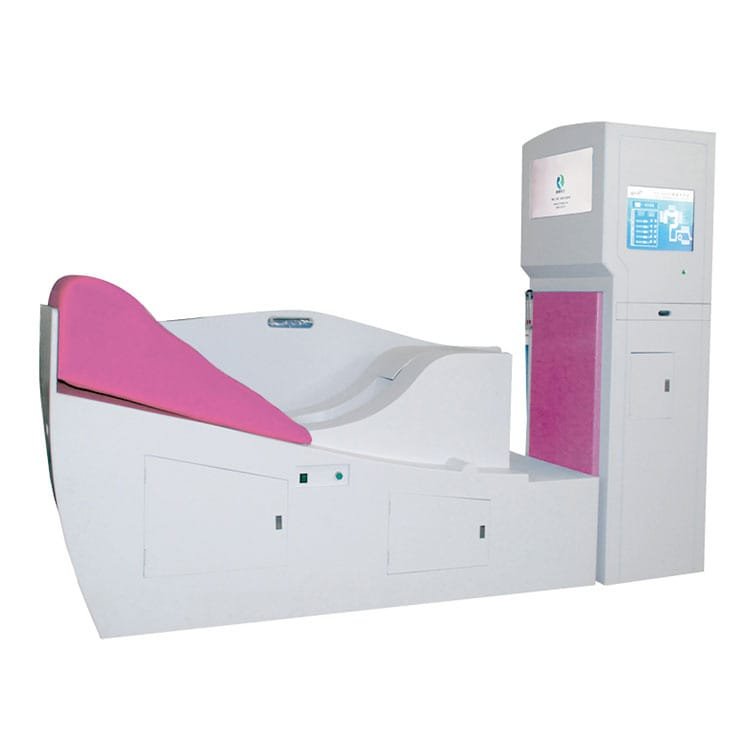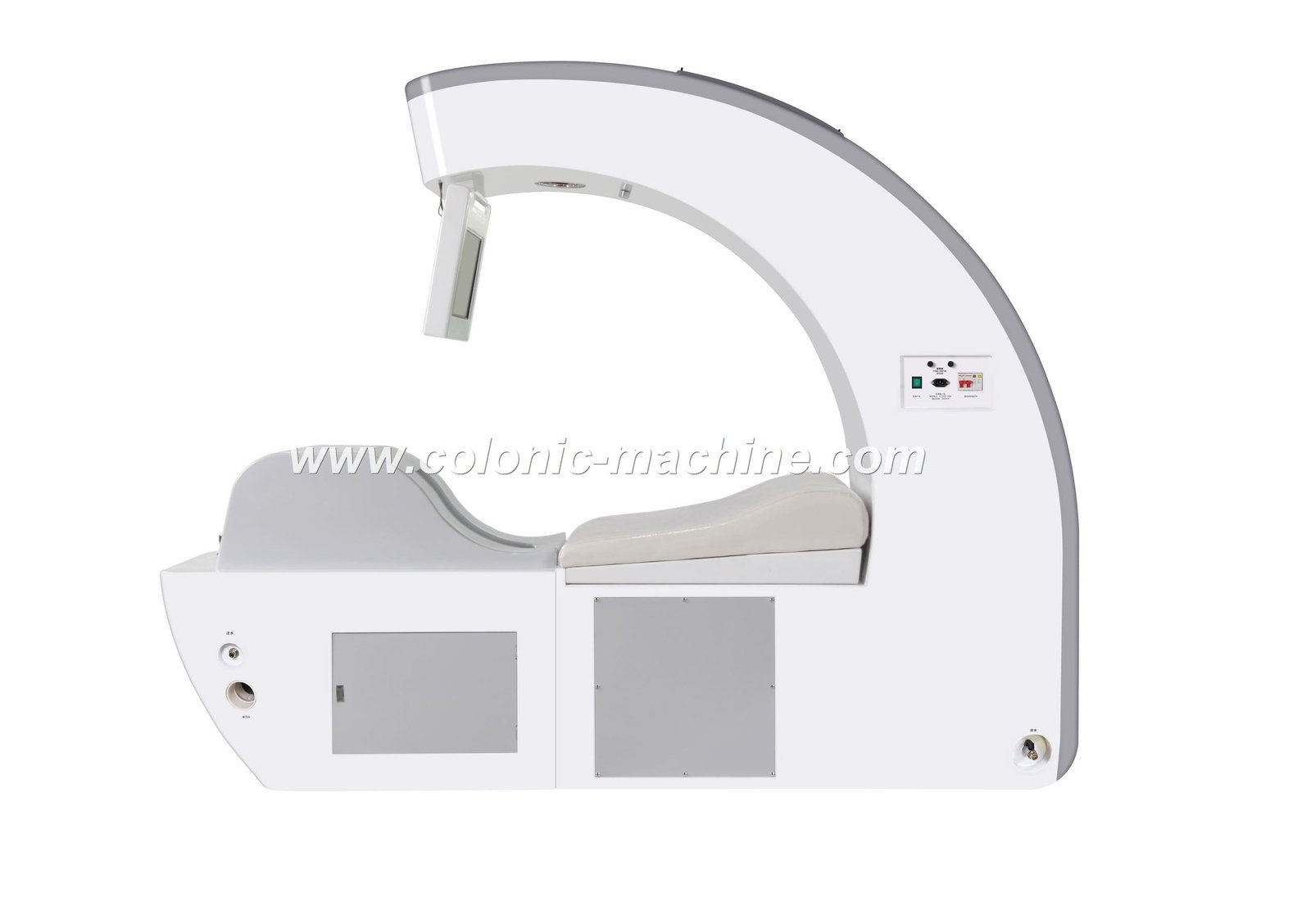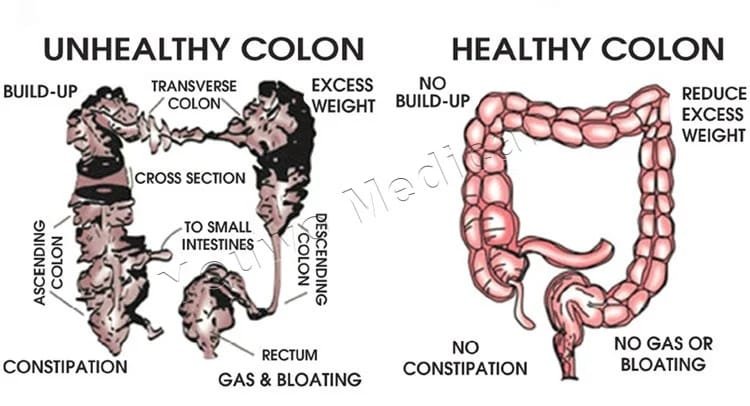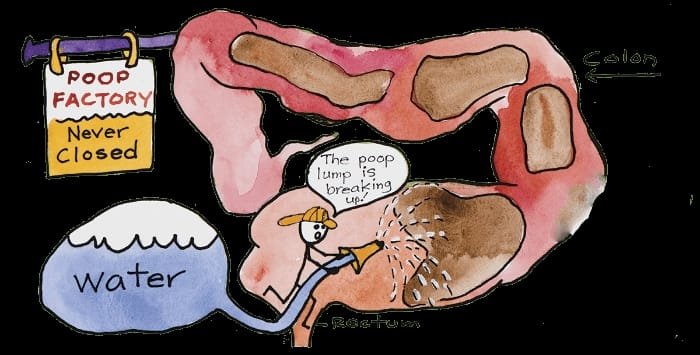Categories
- Treatment Supplies (3)
- TRAINING (22)
- News (41)
- Blog (1,617)
- Colonic Machine FQA (6,478)

While colon cleansing is a generally safe practice, it should be practiced with caution to avoid potentially harmful side effects.
Some of the most common problems experienced include nausea, vomiting, bloating, and cramping.
When undergoing colon hydrotherapy, you are also at an increased risk of dehydration and electrolyte imbalance, which can be especially harmful if you have underlying health issues like kidney or heart problems.
Bowel perforation and risk of infection are two other potential risks as well.
As always, it’s a good idea to check with your doctor before trying a colon cleanse, especially if you’re taking any medications or have health problems that could be affected.
If you know the risks and are still interested in colon cleansing, there are things you can do to reduce the likelihood that you’ll suffer any ill health effects.
Talk to your doctor first. Some people may be at a greater risk for complications.
Drink plenty of fluids. Drink plenty of water to prevent dehydration both before and after your cleanse.
Choose your therapist wisely. There are no licensing requirements for colonic hygienists, but some belong to professional organizations that require some training in first aid and CPR. Talk to other people who have used specific therapists before you go through with your appointment.
Ensure only new, disposable equipment and protective gear is used. Make sure your hygienist has a proper disinfection routine and uses disposable equipment whenever possible. Colon cleansing equipment can transmit bacteria if not properly sterilized.

The colon is home to billions of microflora (bacteria) that actually make up approximately 70 percent of the dry weight of feces. Besides forming stool, the various beneficial bacterial organisms living within the colon and digestive tract are important for proper nutrient absorption, maintaining pH balance, controlling hunger and counteracting potentially dangerous bacteria. This is why a well-functioning colon is so important for overall well-being.
Are colon cleanses really necessary? While the digestive system has its own processes for removing waste, many people struggle with having regular, complete bowel movements due to various reasons like poor gut health, allergies, consumption of pesticide chemicals and inflammation within the digestive system.
Irritable bowel syndrome is estimated to affect about 15 percent to 20 percent of the adult population worldwide, while chronic constipation is one of the most common gastrointestinal problems in the world, affecting about 42 million people in the U.S. alone. These problems are especially common among people with poor diets, women during pregnancy, older adults, people recovering from surgery and those taking medications.
If you’re not having at least one bowel movement every day, this makes you a good candidate for a colon cleanse. It’s well-known that a variety of health problems stem from poor digestive health — for example, stomach pains, abdominal cramps, chronic fatigue, constipation, low energy, headaches and allergic reactions can all be traced back partially to problems with waste elimination.
An impacted bowel can easily cause sluggishness, irritation, irritability, low energy, “brain fog” and changes in someone’s appetite. That’s because unreleased food and waste particles can cause mucus and bacteria to ferment and form in the colon, which might result in “toxins” being released back into the bloodstream when they’re circulated. Failing to have regular bowel movements also poses the risk for problems absorbing nutrients properly, which can lead to low energy and other complications.

